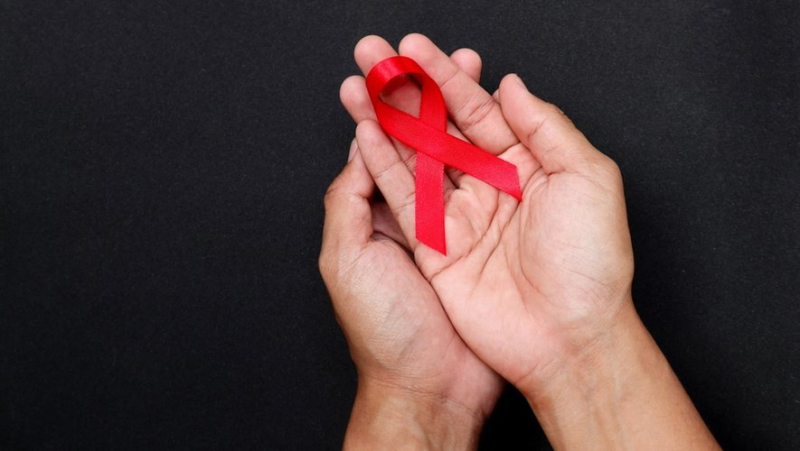HIV: no condom, reason for comfort… more than half of French people say they do not protect themselves during sexual intercourse

VIH : une hausse des comportements à risque
More than half of French people who have had a new sexual partner in recent years say they have not systematically protected themselves from HIV.
While summer can be a time for meeting people, remember to protect yourself and find out about the different means of prevention available.
If the French consider themselves well informed about HIV, thus marking an encouraging progression in awareness, HIV continues to scare 82% of them.
Risk behavior still present
According to a Harris Interactive survey carried out in France for Gilead Sciences, a company committed to the fight against HIV, risky behavior continues. Among those surveyed saying they had had a new sexual partner, a majority (53%) said they had not protected themselves; i.e. 4 points more compared to 2020.
How to explain this number ?
45% of those affected indicate that they have not protected themselves because they trust their sexual partner, a figure which even rises to 61% among those aged 50 and over. The other reasons given were comfort for 30% or for 28% the fact that they did not have a condom with them.
"Every day I hear from people who learn of their HIV status after trusting a new partner. We cannot be satisfied that young people do not protect themselves, or even worse, that they do not know about certain measures put in place by the authorities such as free condoms for those under 26. Only 48% of 15-24 year olds know it when it should be 90%! s’alarms Professor Gilles Pialoux, Head of the Infectious Diseases Department at Tenon Hospital in Paris.
Screening, a reflex not acquired by everyone
32% of French people say they have not systematically resorted to screening in the event of unprotected sexual intercourse with a new partner. A figure which even rises to 44% among 15-34 year olds.
"Getting tested for HIV has never been easier. The study showed that 12% of French people do not get tested for fear of the result: this puts themselves and others at risk. Today, 24,000 people are unaware of their HIV status, yet it is important to know in order to start treatment as soon as possible and thus reduce the viral load until the virus is undetectable and therefore untransmittable. " indicates Professor Gilles Pialoux.
A person living with HIV under treatment and who is compliant with their treatment no longer transmits the virus
Although there is still no treatment today that can cure HIV infection, it is possible to control it. In fact, treatments now allow HIV-positive people to achieve a so-called “undetectable” viral load. This means that a person living with HIV who is on treatment and who complies with their treatment and medical monitoring no longer transmits the virus, including during unprotected sexual intercourse. This is what is known as the concept of TasP “Treatment as Prevention”. and “Undetectable = Untransmittable (U=U)”.
However, 87% of French people believe that it is possible to be contaminated by the virus after unprotected vaginal sex with a person carrying the virus who is undergoing treatment. In addition, for 71% of 35-49 year-olds, HIV is seen as a disease that kills people today
HIV in figures
Today in France, it is estimated that 200,000 people are living with HIV, of whom it is estimated that around 24,000 people are unaware of their HIV status. New infections are estimated at nearly 5,000 per year. The face of the HIV epidemic has changed: among the 5,000 new infections per year, 31% are women, 54% are people who declare themselves heterosexual.




